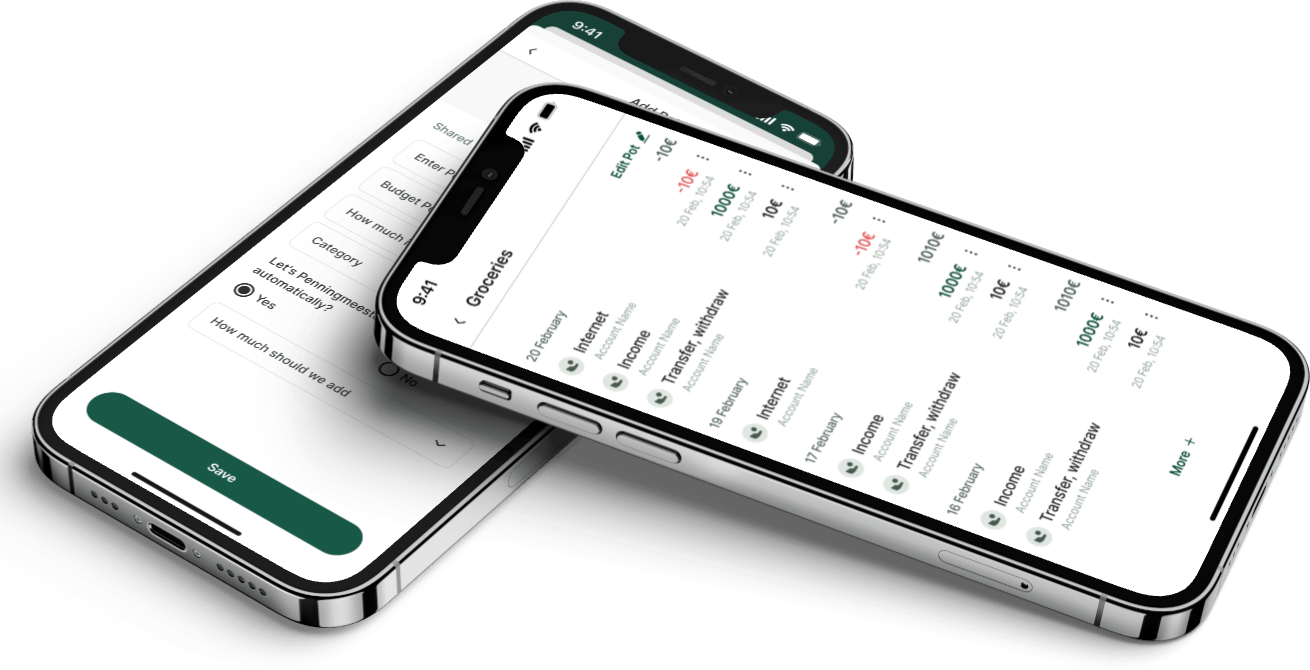Is Your Relationship with Money… a Little Complicated?
Let’s be real for a second.
Have you ever added something to your cart just to feel better, then stared at your bank balance like, “why did I do that?” Yeah. Same.
Maybe you’ve saved hard for weeks, only to blow it in a weekend. Or told yourself you should start budgeting… but opened Insta instead.
That doesn’t make you bad with money. It makes you human.
We grow up with mixed messages about spending, saving, and what “being good with money” even means. So it’s no wonder most of us are walking around with habits we don’t fully understand.
In fact, over 90% of workers feel financially stressed, and nearly 70% report anxiety or depression due to money uncertainty, according to a recent Investopedia report. You’re definitely not alone, financial overwhelm is incredibly common.
What your money habits say about you, and what to do about it.
This quiz won’t solve your finances in five minutes. But it will give you something most of us never get:
Think of it as a low-stakes gut check for your spending brain; honest, helpful, and judgement-free.
You might notice patterns you’ve never seen.
You might realize you’re doing better than you thought.
Or… you might spot one big blind spot you’ve been avoiding.
Either way, you walk away with something rare: insight. And insight? That’s where better decisions begin.
Start Your Financial Wellness Check Now
Unhappy with the results from this Money Quiz? Things could be worse.
Let’s be honest, we all have a few embarrassing money moments. A forgotten subscription here, an impulse buy there… sometimes it feels like your bank account is the one throwing tantrums.
But you’re not alone. Even people who know better fall into the same traps.
Take this one for example 👇
In this short video, you’ll hear real stories of overspending and money regrets. Proof that even smart spenders slip up, and every mistake is a lesson.
Why understanding your relationship with money actually matters.
Because money isn’t just practical, it’s emotional.
How you spend, save, and even think about money usually reflects your beliefs, behaviors, and upbringing more than your paycheck.
This money mindset quiz helps you:
- Understand how your emotions impact your financial decisions
- Spot subconscious spending patterns that may be holding you back
- Reflect on the roots of your money habits, and whether they’re helping or hurting
- Take practical, low-stress steps toward a healthier relationship with money
This isn’t a budgeting 101 test.
It’s a mindset check, designed to meet you where you are and help you grow from there.
What makes this money mindset quiz unique?
Most quizzes give you a label.
This one gives you real insight into your financial behavior.
It’s built around emotional spending triggers, impulse control, and your overall financial wellness mindset – not just numbers and budgets.
Each question taps into something deeper:
- Are you an impulsive shopper or an intentional spender?
- Do you use shopping as a way to cope with stress or boredom?
- Do you know where your money’s going – or are you just hoping for the best?
Your results won’t label you as “good” or “bad” with money.
They’ll offer practical insight, the kind you can actually use to grow.
You can learn a healthy money mindset, here’s where it starts.
If you were never taught how to manage money, that doesn’t make you bad with it. It just means no one handed you the tools – yet.
Many people grow up with money anxiety, financial guilt, or scarcity mindsets. Others avoid money altogether until things get messy.
But awareness changes everything.
This quiz is a starting point; a way to build clarity, confidence, and control over your money habits.
Want to go a step further? Once you understand your patterns, the next step is learning how to prevent impulse spending before it starts – without feeling like you’re on a money diet. And if you’re ready to turn insight into structure, our Monthly Budget Setup Checklist will help you build a realistic plan you can actually stick to.
For a deeper dive into the psychology behind saving and spending, check out this EU-based read: The Psychology of Saving: Overcoming Behavioral Biases. It’s packed with insights on how subtle habits—like “mental accounting” or present bias can quietly shape your financial life, and how to shift them in your favor.






